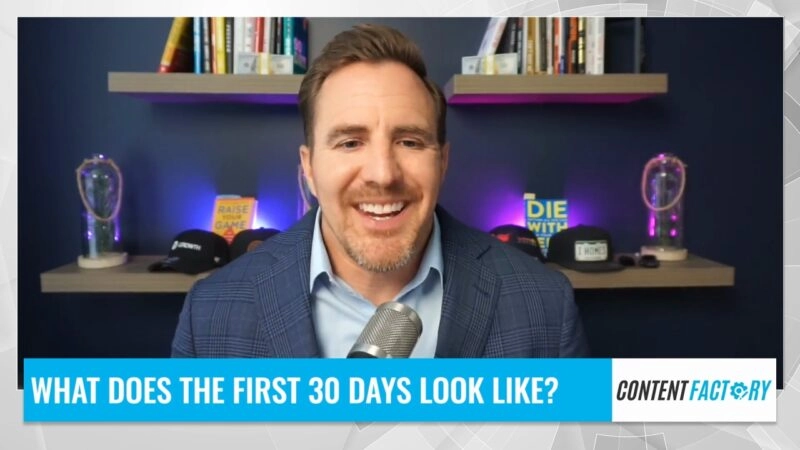Composites are Taking Cargo Transportation to New Depths and Heights
Composites are known for their strength, lightness of weight, resistance to corrosion, design flexibility, and durability. The market for composites is constantly evolving, with new and innovative uses for these versatile materials being implemented every year. One of the most exciting places carbon fiber composites are being used today is in the manufacturing of shipping containers, tanks and other such holding vessels, all of which are products manufactured utilizing MVP equipment.
Shipping Containers are Ubiquitous
Ever since American inventor Malcolm McLean came up with the idea for the shipping container in 1956, it has become the standard for transporting huge quantities of goods across the country and around the world. Before, most cargo was loaded and unloaded from ships by hand by longshoremen. Moving to shipping containers greatly reduced the time to load and unload ships, cutting the costs from $5.86 a ton to just 16 cents a ton – 36-fold savings. The versatile steel shipping container quickly became ubiquitous.
Steel Containers Have a Number of Drawbacks
Despite their many advantages, steel shipping containers have a number of disadvantages as well. First, since they are made to be reused and withstand the rigors of being transported long distances, they require a lot of steel to produce, making them relatively heavy. Next, as they get banged up, abraded, and dropped frequently over their life, they will lose their protective paint coating and quickly begin to corrode when exposed to sea air. Finally, they are often returned to their point of origin empty, meaning shippers lose money by paying to transport a huge container of air.
Composite Shipping Containers: A Better Solution
Composite shipping containers offer a number of exciting advantages over steel. Although composite shipping containers typically require a higher initial investment, the reduced weight – typically about half that of steel – creates fuel savings that quickly offset the premium price. For example, a composite container priced at $8300 would break even in overall costs when compared with a $3050 steel container after being shipped just 74,500 miles. And the advantages don’t stop there.
Composite materials don’t corrode and never need to be painted. The material also keeps cargo cool and free from condensation. In addition, composite containers can be made foldable, meaning they can be laid flat on their return trip. Finally, they are more secure than steel because they can be easily scanned with low-power X-rays without opening. And unlike steel, composite containers do not interfere with GPS signals and transmitters, so they can be easily fitted with tracking and monitoring devices to allow security scanning using special sensors too.
MVP Provides Innovative Composite Manufacturing Equipment
Composite shipping containers offer many advantages when compared to those made from steel. At MVP, we’ve made it our mission is to provide the best experience in the composites equipment industry by delivering superior customer service and the most innovative solutions for our clients.
MVP. Customer Focused. Product Driven.
To learn more about our innovative products, visit https://www.mvpind.com/products/ today!









